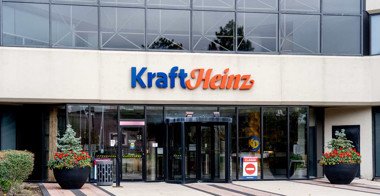
Kellogg’s $3B Sale Highlights Growing Foreign Takeovers—While China Eyes Critical U.S. Assets
America’s food legacy is up for sale again. W.K. Kellogg Co., the iconic 119-year-old Michigan cereal company behind household staples like Frosted Flakes and Froot Loops, is reportedly finalizing a $3 billion deal to sell to Italy’s Ferrero Group, owner of Nutella and Keebler. This comes less than a year after Kellogg’s snack division, now known as Kellanova, was sold to Mars Inc. in a massive $35.9 billion deal.
While a European company buying an American icon may not seem alarming, it underscores a concerning trend—foreign ownership of U.S. strategic industries, especially in food and agriculture. And the real threat may not come from Europe, but from China.
Unlike Italy, China has been aggressively acquiring U.S. farmland, food processing facilities, and technology firms, often through state-backed enterprises. According to U.S. government data, Chinese entities now own over 380,000 acres of American farmland. The concern isn't just economic—it’s national security. These acquisitions often place critical supply chains, food systems, and sensitive infrastructure under foreign control.
While Kellogg’s Italian buyer may prioritize brand expansion, China’s playbook is far more strategic: control the supply, influence the market, and exploit regulatory loopholes. In contrast, U.S. companies face heavy restrictions in China.
The Kellogg deal should be a wake-up call. Even as legacy companies are sold off, the U.S. lacks comprehensive safeguards to prevent hostile economic infiltration. If we fail to act, what’s next? Chinese state-owned firms buying up U.S. water rights, energy grids, or logistics hubs?
America must scrutinize foreign acquisitions more carefully—not just based on price tags, but on long-term sovereignty risks. As W.K. Kellogg Co. fades into foreign hands, policymakers and the public alike must ask: Who really controls America’s future?